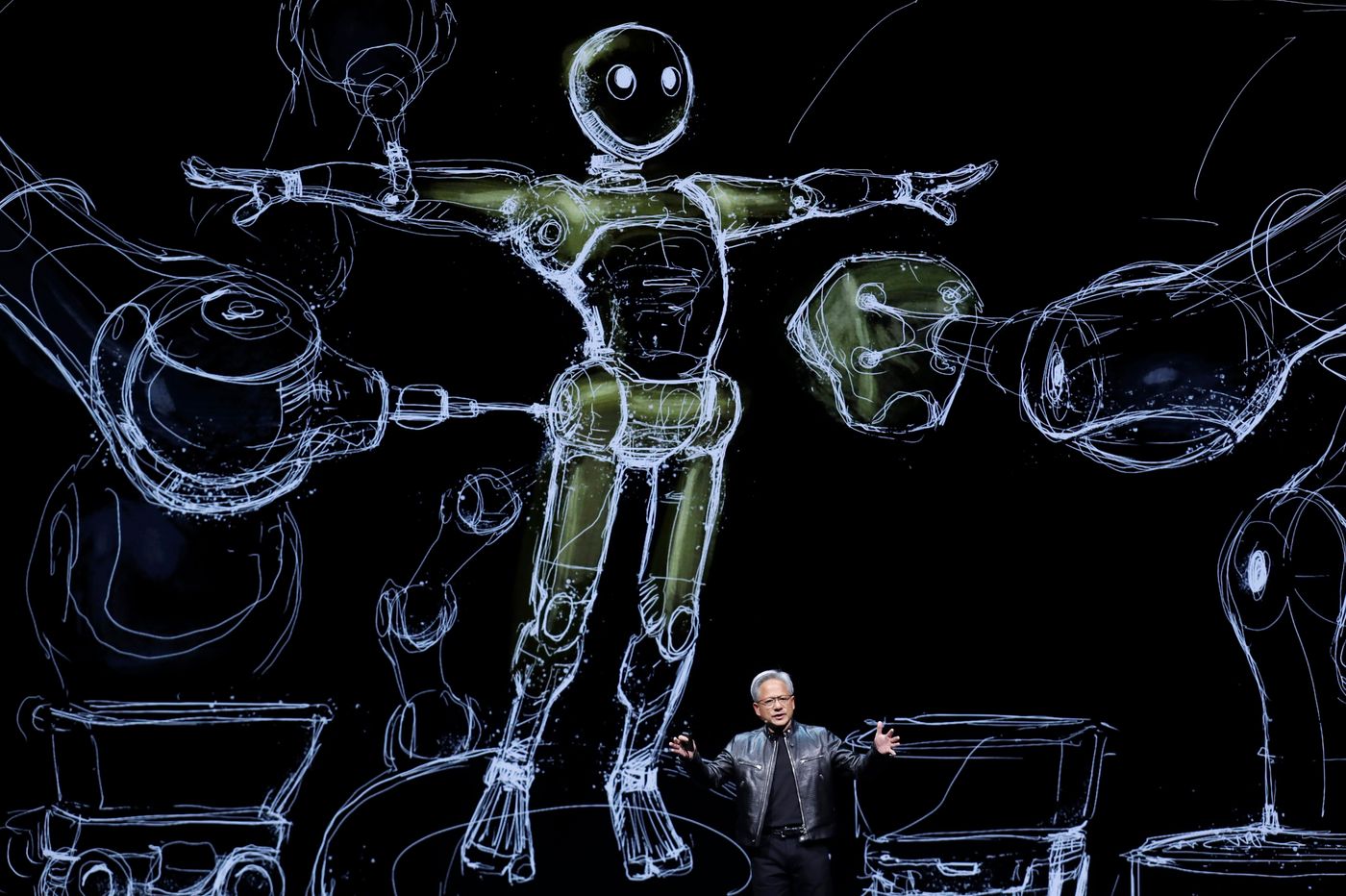Slack? Phone? Teams? Zoom? There Are Too Many Work Communications
Workplaces become saturated with ways to talk, often breeding mistakes and misunderstandings
Lisa Donovan was juggling pings from multiple Slack channels and email windows when she inadvertently sent a sensitive company document to the wrong person.
The part-time accountant for a Virginia-based academic coaching firm toggles between 30 instant-messaging channels, four client-email accounts and at least a dozen phone or video calls a day, she says.
“It’s, like, ‘Are we on Zoom? Are we on Teams? Did I respond to that? Did I say it right?’” says Ms. Donovan, who works from Richmond, Texas.
There are so many ways to communicate at work that our communication is breaking down. Bosses say missed messages and crossed signals waste time and trigger mistakes, while research suggests that so much virtual communication makes it easier to snipe at or ignore co-workers. Then there’s the stress of having to stay on top of so many different channels all the time.
Microsoft Corp.’s Teams use has surged to more than 280 million monthly active users. Zoom Video Communications Inc.’s business customers have nearly tripled to more than 210,000 since the start of the pandemic, and Salesforce Inc.’s Slack is also growing. In many cases, the clients of each overlap and use the tools on top of emails, texts and in-house messaging forums.
All of it is enough to make workers long for the days of complaining about email-inbox overload.
“It’s overwhelming,” says Wendy Weinberger, Ms. Donovan’s boss and head of the firm. The company’s IT department was able to successfully recall the sensitive email.
In a 2022 Harris Poll survey of more than 1,200 workers and executives, bosses estimated that their teams lost an average 7.47 hours—nearly an entire day—to poor communications a week. Based on an average salary of $66,967, the lost time translates to a cost of $12,506 per employee a year, according to the report conducted on behalf of Grammarly, a proofreading software company.
A new study from executive-search firm Korn Ferry found that communication misfires have helped to make some work relationships less pleasant and collegial. Among 357 professionals surveyed in recent weeks, nearly half said that remote work made it easier for colleagues to get away with rude behaviour such as interrupting on calls and not returning emails.
Remote work has accentuated colleagues’ different communication habits, and their potential to clash, some employees say.
“These tools that are meant to make communication easier have a dark side,” says Michele Simon, a Los Angeles-based lawyer specialising in workplace trauma. A new Pepperdine University study on workplace toxicity that surveyed 800 office workers found that 35% cited communication problems as the top barrier to getting ahead in today’s workplace—ahead of office politics (29%), small budgets (26%) or ineffective plans (20%).
Michelle Sooknanan says that at her previous job as a sales manager for a Florida food manufacturer, her boss would often call her impromptu via video as she worked from her home office in Portsmouth, N.H.
She says she found the unscheduled calls to her desktop computer stressful and asked that, outside of scheduled calls with the team, she be contacted only by email or instant message. Her manager emailed a couple of days later that her request couldn’t be accommodated, and that video would sometimes be necessary.
Ms. Sooknanan says the tension contributed to her eventual departure. The company didn’t respond to requests for comment.
Multiple modes of communication get more complex as the number of people on a conversation thread grows, says Jessica Carlson, a former director of supply-chain operations at Nestlé SA who left the company in March. Wrestling with post-Covid supply-chain challenges often took place over multiple time zones and forums.
“You could have an email chain, a text thread, a videoconference call and an in-person one-on-one about the same topic all within 24 hours,” says Ms. Carlson, who has since founded consulting firm headStrat Solutions.
Many companies have largely left it to teams and co-workers to sort out how they communicate, which can add to the confusion. For workers feeling overwhelmed, making a clear choice ahead of time can help, says Sally Susman, chief corporate affairs officer at Pfizer Inc. and author of a recent book on improving workplace communications.
She suggests asking teammates or other colleagues what their communication preferences are, while also being unafraid to state your own.
In the absence of in-person social cues, she adds, the voice becomes more important. Use it to transmit collegiality and other positive qualities that would ordinarily be picked up in person. Even in email or text messages, small touches like “Hi there” can exude warmth in formats that ordinarily feel cold and transactional.
Some companies are trying to come up with new ways for workers to get messages across. Archer Daniels Midland Co. has corralled its modes of communication by linking instant messaging, email, video and social-media style updates into one central hub.
It’s “air-traffic control,” says Brett Lutz, vice president of global communications at Archer Daniels Midland. He says the forum, powered by workplace communications software company Firstup, lets workers see stories, images and other updates.
Shopify Inc., the e-commerce and retail technology company, recently instructed staff to shift to Meta Platforms Inc.’s Workplace, which combines instant messaging, videoconferencing and other communications tools.
“Email hasn’t evolved in the last 30 years. And it still sucks,” Shopify Chief Operating Officer Kaz Nejatian wrote in a January memo to staff.
To get there, though, employees would have to check their email for an invitation to join. “Didn’t get that email? Check Okta or ping #help-chaos,” he continued, referring to two more ways employees could inquire about an invite.
 Copyright 2020, Dow Jones & Company, Inc. All Rights Reserved Worldwide. LEARN MORE
Copyright 2020, Dow Jones & Company, Inc. All Rights Reserved Worldwide. LEARN MORE
This stylish family home combines a classic palette and finishes with a flexible floorplan
Just 55 minutes from Sydney, make this your creative getaway located in the majestic Hawkesbury region.
As Paris makes its final preparations for the Olympic games, its residents are busy with their own—packing their suitcases, confirming their reservations, and getting out of town.
Worried about the hordes of crowds and overall chaos the Olympics could bring, Parisians are fleeing the city in droves and inundating resort cities around the country. Hotels and holiday rentals in some of France’s most popular vacation destinations—from the French Riviera in the south to the beaches of Normandy in the north—say they are expecting massive crowds this year in advance of the Olympics. The games will run from July 26-Aug. 1.
“It’s already a major holiday season for us, and beyond that, we have the Olympics,” says Stéphane Personeni, general manager of the Lily of the Valley hotel in Saint Tropez. “People began booking early this year.”
Personeni’s hotel typically has no issues filling its rooms each summer—by May of each year, the luxury hotel typically finds itself completely booked out for the months of July and August. But this year, the 53-room hotel began filling up for summer reservations in February.
“We told our regular guests that everything—hotels, apartments, villas—are going to be hard to find this summer,” Personeni says. His neighbours around Saint Tropez say they’re similarly booked up.
As of March, the online marketplace Gens de Confiance (“Trusted People”), saw a 50% increase in reservations from Parisians seeking vacation rentals outside the capital during the Olympics.
Already, August is a popular vacation time for the French. With a minimum of five weeks of vacation mandated by law, many decide to take the entire month off, renting out villas in beachside destinations for longer periods.
But beyond the typical August travel, the Olympics are having a real impact, says Bertille Marchal, a spokesperson for Gens de Confiance.
“We’ve seen nearly three times more reservations for the dates of the Olympics than the following two weeks,” Marchal says. “The increase is definitely linked to the Olympic Games.”

Getty Images
According to the site, the most sought-out vacation destinations are Morbihan and Loire-Atlantique, a seaside region in the northwest; le Var, a coastal area within the southeast of France along the Côte d’Azur; and the island of Corsica in the Mediterranean.
Meanwhile, the Olympics haven’t necessarily been a boon to foreign tourism in the country. Many tourists who might have otherwise come to France are avoiding it this year in favour of other European capitals. In Paris, demand for stays at high-end hotels has collapsed, with bookings down 50% in July compared to last year, according to UMIH Prestige, which represents hotels charging at least €800 ($865) a night for rooms.
Earlier this year, high-end restaurants and concierges said the Olympics might even be an opportunity to score a hard-get-seat at the city’s fine dining.
In the Occitanie region in southwest France, the overall number of reservations this summer hasn’t changed much from last year, says Vincent Gare, president of the regional tourism committee there.
“But looking further at the numbers, we do see an increase in the clientele coming from the Paris region,” Gare told Le Figaro, noting that the increase in reservations has fallen directly on the dates of the Olympic games.
Michel Barré, a retiree living in Paris’s Le Marais neighbourhood, is one of those opting for the beach rather than the opening ceremony. In January, he booked a stay in Normandy for two weeks.
“Even though it’s a major European capital, Paris is still a small city—it’s a massive effort to host all of these events,” Barré says. “The Olympics are going to be a mess.”
More than anything, he just wants some calm after an event-filled summer in Paris, which just before the Olympics experienced the drama of a snap election called by Macron.
“It’s been a hectic summer here,” he says.

AFP via Getty Images
Parisians—Barré included—feel that the city, by over-catering to its tourists, is driving out many residents.
Parts of the Seine—usually one of the most popular summertime hangout spots —have been closed off for weeks as the city installs bleachers and Olympics signage. In certain neighbourhoods, residents will need to scan a QR code with police to access their own apartments. And from the Olympics to Sept. 8, Paris is nearly doubling the price of transit tickets from €2.15 to €4 per ride.
The city’s clear willingness to capitalise on its tourists has motivated some residents to do the same. In March, the number of active Airbnb listings in Paris reached an all-time high as hosts rushed to list their apartments. Listings grew 40% from the same time last year, according to the company.
With their regular clients taking off, Parisian restaurants and merchants are complaining that business is down.
“Are there any Parisians left in Paris?” Alaine Fontaine, president of the restaurant industry association, told the radio station Franceinfo on Sunday. “For the last three weeks, there haven’t been any here.”
Still, for all the talk of those leaving, there are plenty who have decided to stick around.
Jay Swanson, an American expat and YouTuber, can’t imagine leaving during the Olympics—he secured his tickets to see ping pong and volleyball last year. He’s also less concerned about the crowds and road closures than others, having just put together a series of videos explaining how to navigate Paris during the games.
“It’s been 100 years since the Games came to Paris; when else will we get a chance to host the world like this?” Swanson says. “So many Parisians are leaving and tourism is down, so not only will it be quiet but the only people left will be here for a party.”
This stylish family home combines a classic palette and finishes with a flexible floorplan
Just 55 minutes from Sydney, make this your creative getaway located in the majestic Hawkesbury region.






















